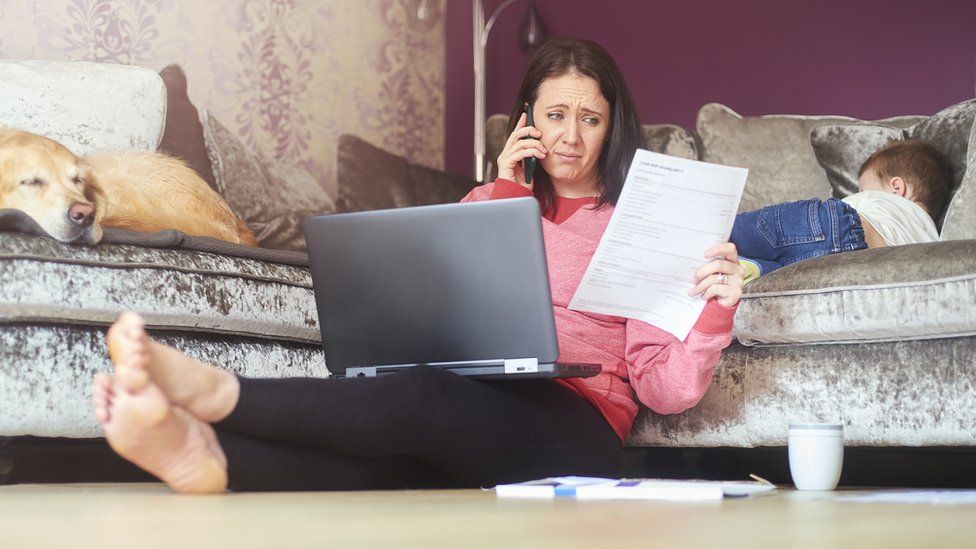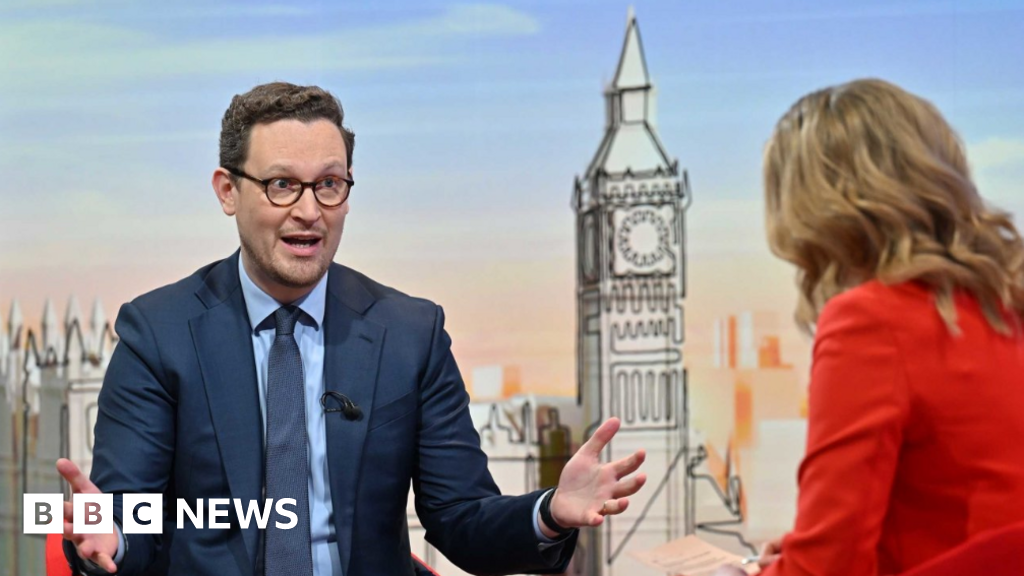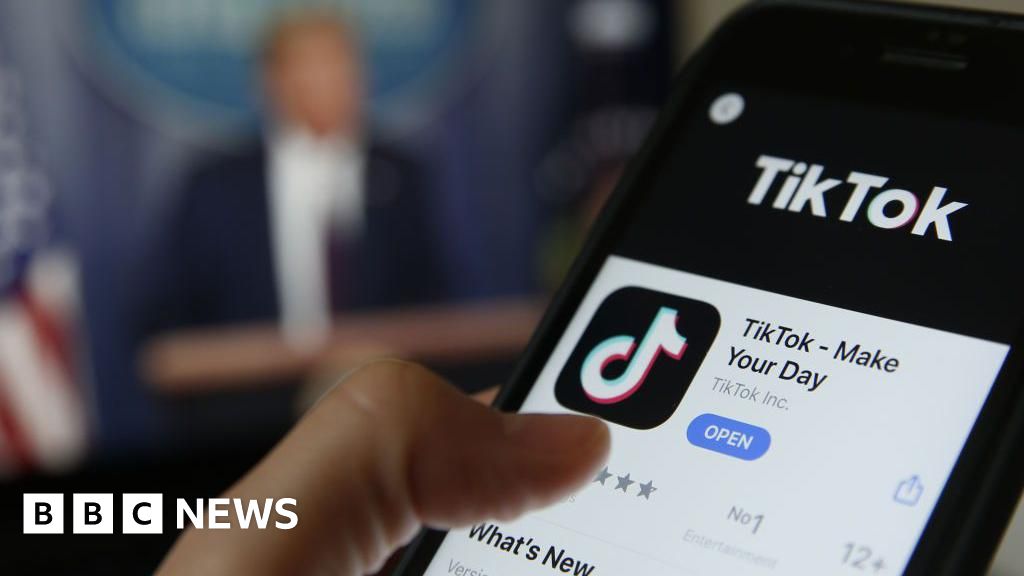ARTICLE AD BOX
 Image source, Getty Images
Image source, Getty Images
Up to one million people cancelled their broadband in the last year because of the high cost of living, a survey by Citizens Advice suggests.
The charity said those struggling could have benefitted from cheaper social-tariffs or special low-cost packages.
Recently, Ofcom warned 4.3m eligible people were missing out on the deals.
The government said it had encouraged social tariff take-up by working with Ofcom and the industry to introduce a range of products to the market.
These were available in 99% of the UK and started from £10 per month, it added.
A broadband eligibility checker to simplify the process for benefit claimants signing up to social tariffs had been introduced with major providers Sky and Virgin Media already on board, a spokesperson said.
However, the communications watchdog Ofcom found the take up of social tariffs remained very low - at around 5% of those eligible - although it had quadrupled since January last year.
Binning broadband
But Citizens Advice said its survey of 6,000 people suggested those receiving Universal Credit were six times more likely to have stopped spending on broadband in the last 12-months than non-claimants.
The charity is concerned the problem could get worse with people claiming the benefit four times more likely to be behind on broadband bills.
According to Ofcom one in three UK households had an issue affording their communication services and it has called on firms to do more to promote the tariffs.
However, Dame Clare Moriarty, chief executive of Citizens Advice, said the watchdog needed to "hold firms' feet to the fire" to improve their take-up.
"People are being priced out of internet access at a worrying rate," she said. "Social tariffs should be the industry's safety net, but firms' current approach to providing and promoting them clearly isn't working.
"The people losing out as a result are the most likely to disconnect."
Other campaigners agree internet access is now a vital utility essential for day-to-day life.
People who cannot afford data can experience problems such as managing benefits, applying for jobs online or benefiting from cheaper online prices which exacerbate their difficult financial situation.
The government said its jobcentre staff "regularly signpost claimants to relevant information on social tariffs, and claimants can access computers for their work search at their local Jobcentre."
Citizens Advice cited the case of Rob a 63-year-old who, since about 2012, had been unable to afford broadband: "Not having access at home means if I am applying for a job I need to give myself more time because the library is not open all day.
"I can't just think at 10pm, 'Let me go back to that application and finish filling it in.' It also limits me from accessing services like my GP, online help and shopping."
The government points to a number of steps it has taken to help those find broadband hard to afford.
In June, following negotiations with government, leaders from major broadband and mobile operators agreed a set of public commitments to support customers struggling to pay their bills.
But campaigners the Digital Poverty Alliance echoed the concerns of Citizen Advice and said while social tariff uptake was "slowly improving" it was still far below the levels needed to ensure all households were digitally included.
"For households in severe poverty, even an affordable social tariff may mean that essential connectivity is still out of reach" the organisation said.

 1 year ago
29
1 year ago
29








 English (US) ·
English (US) ·